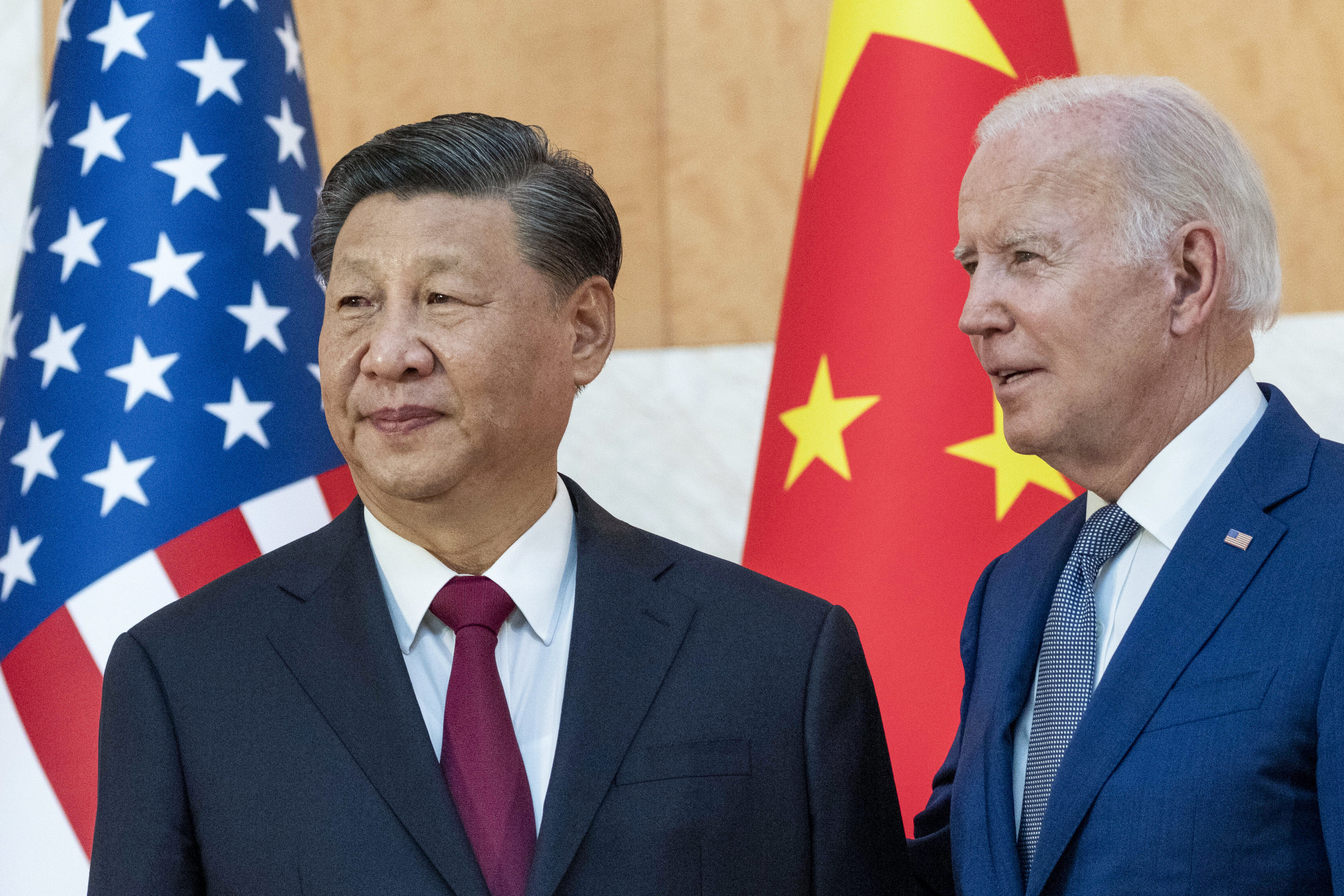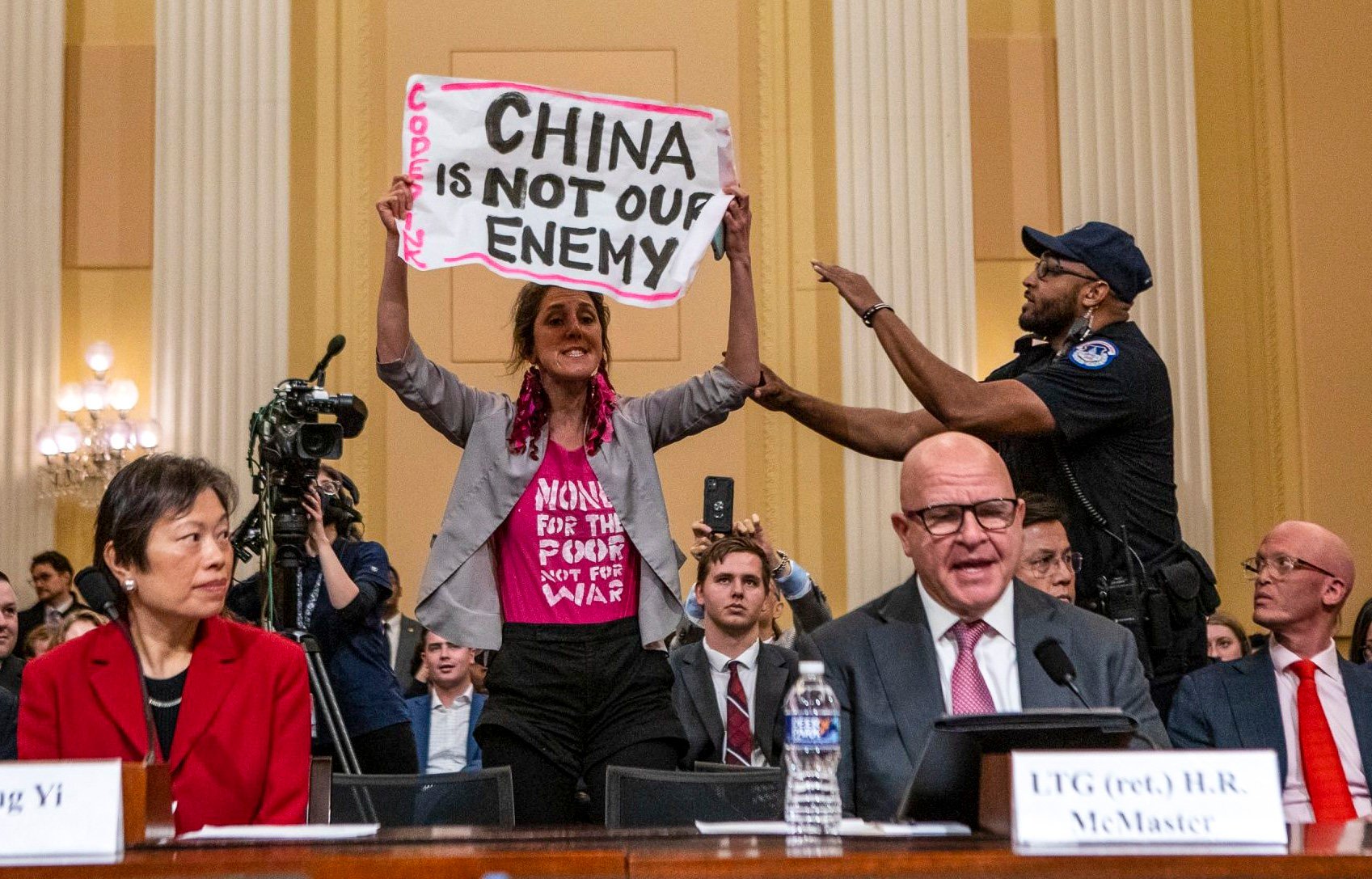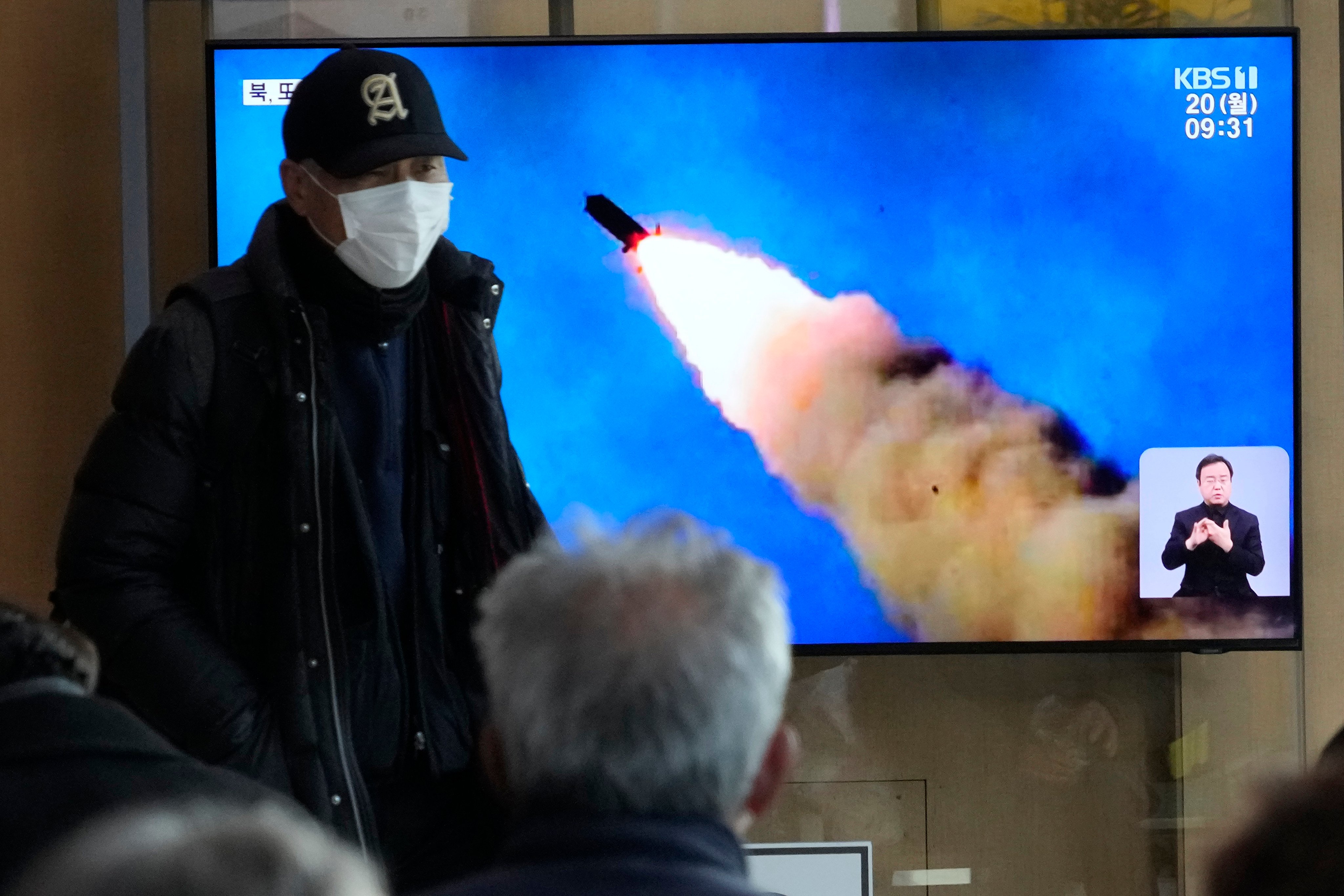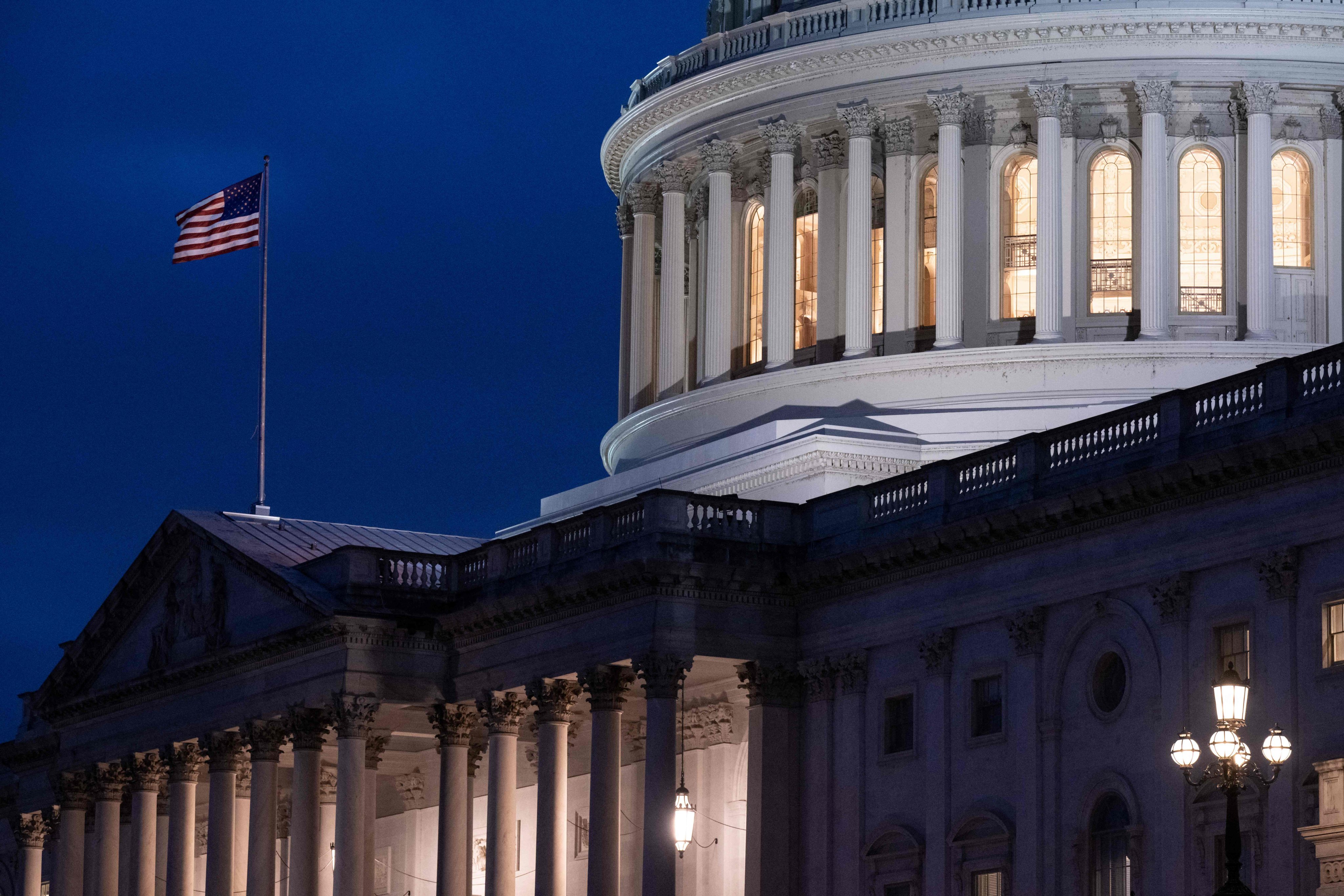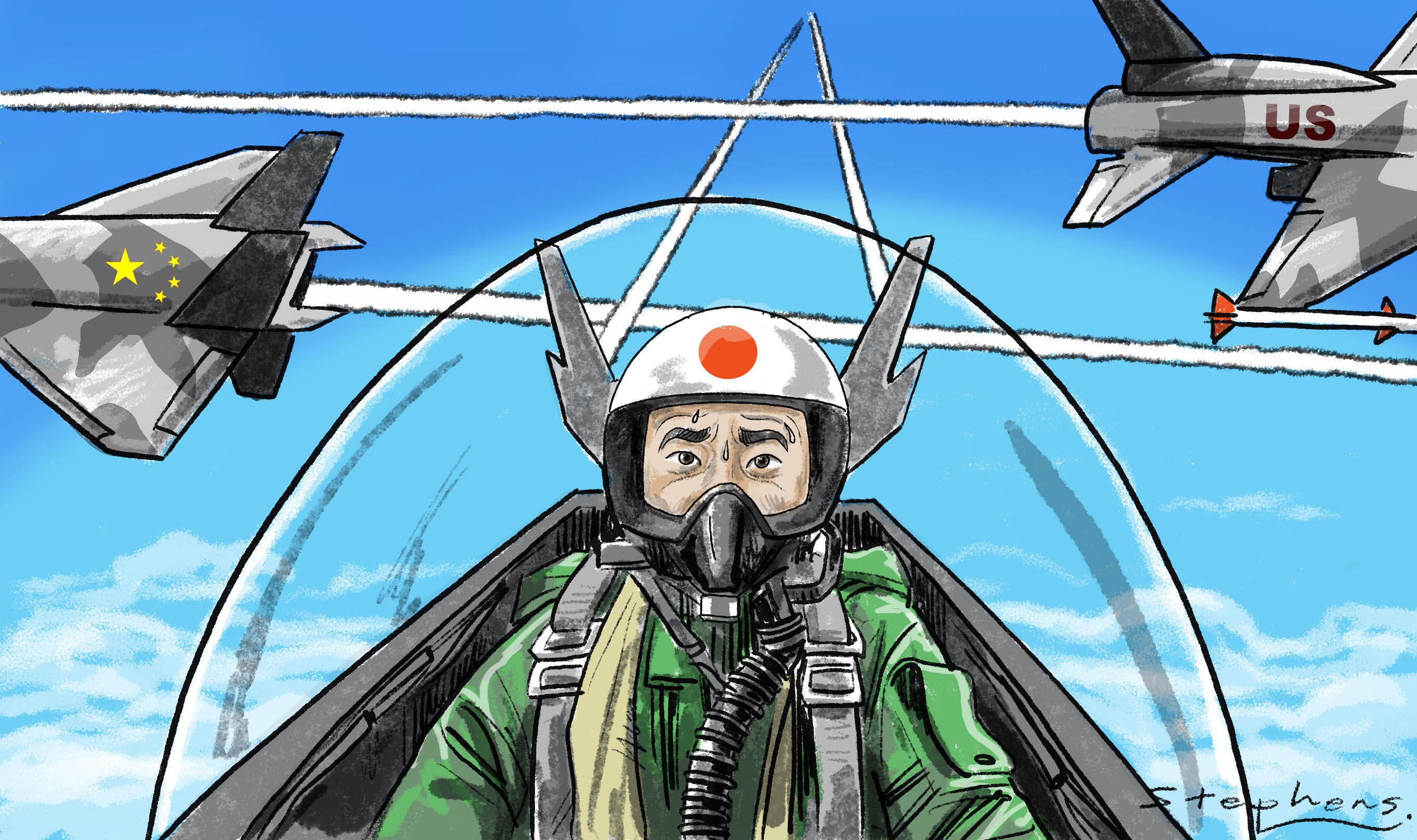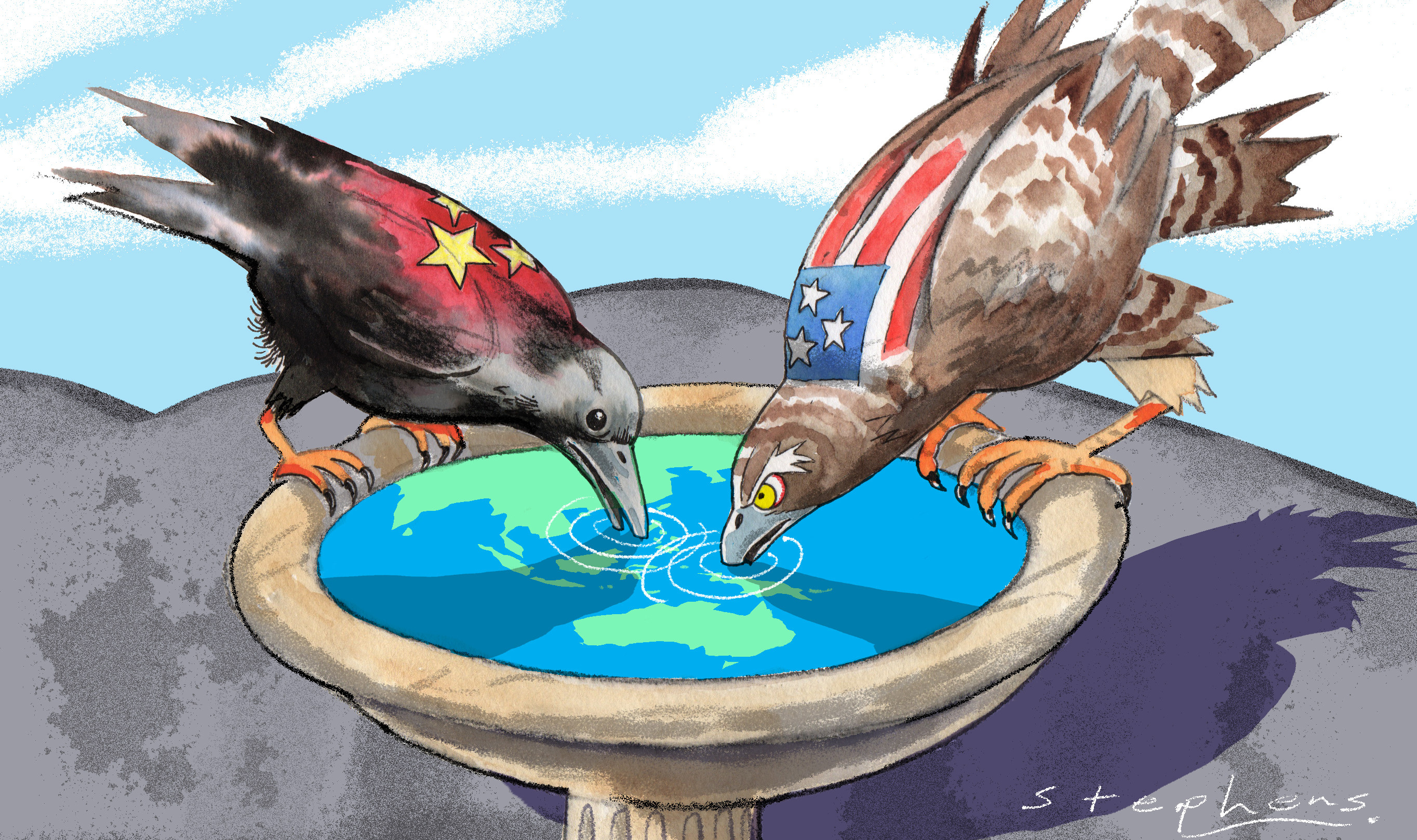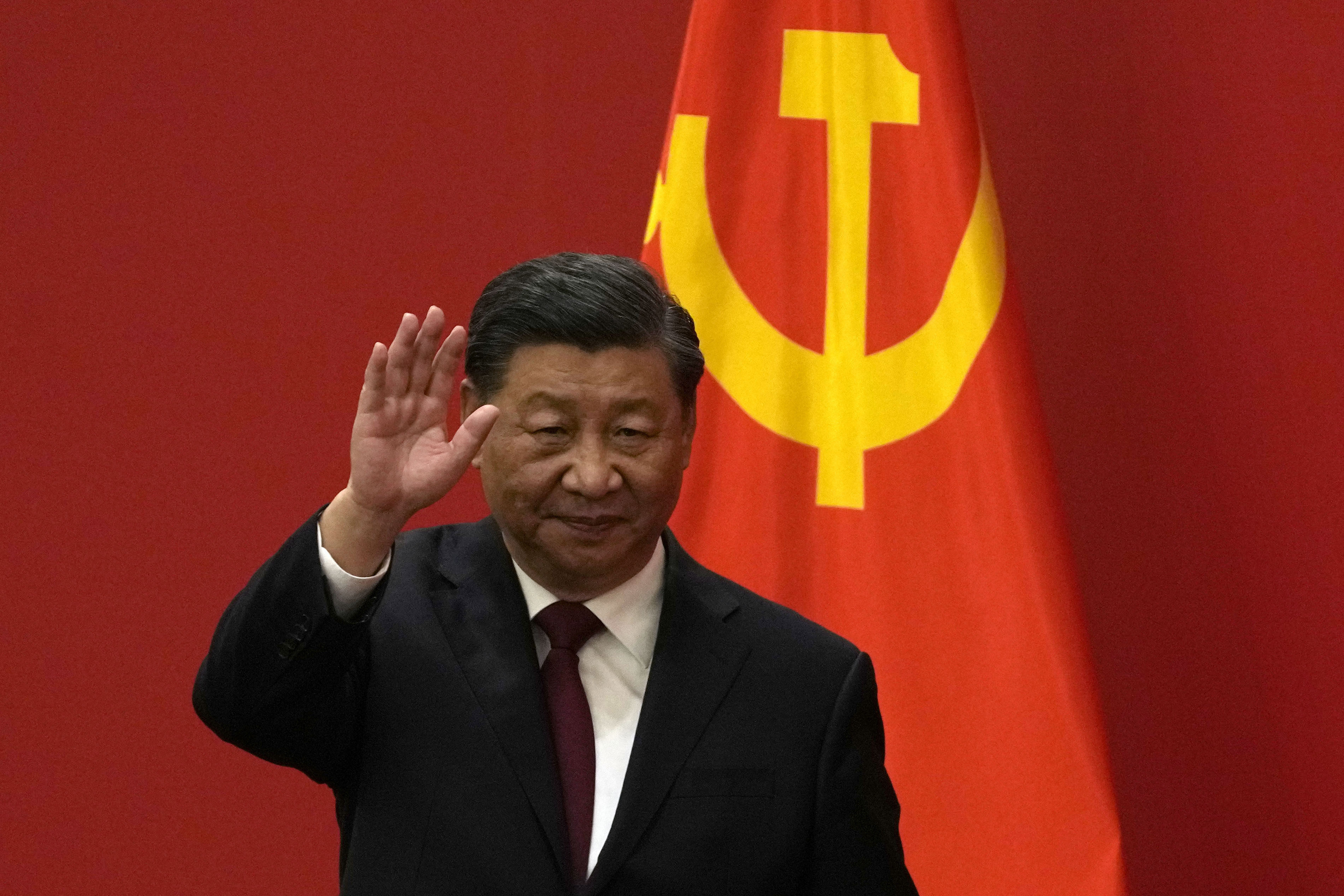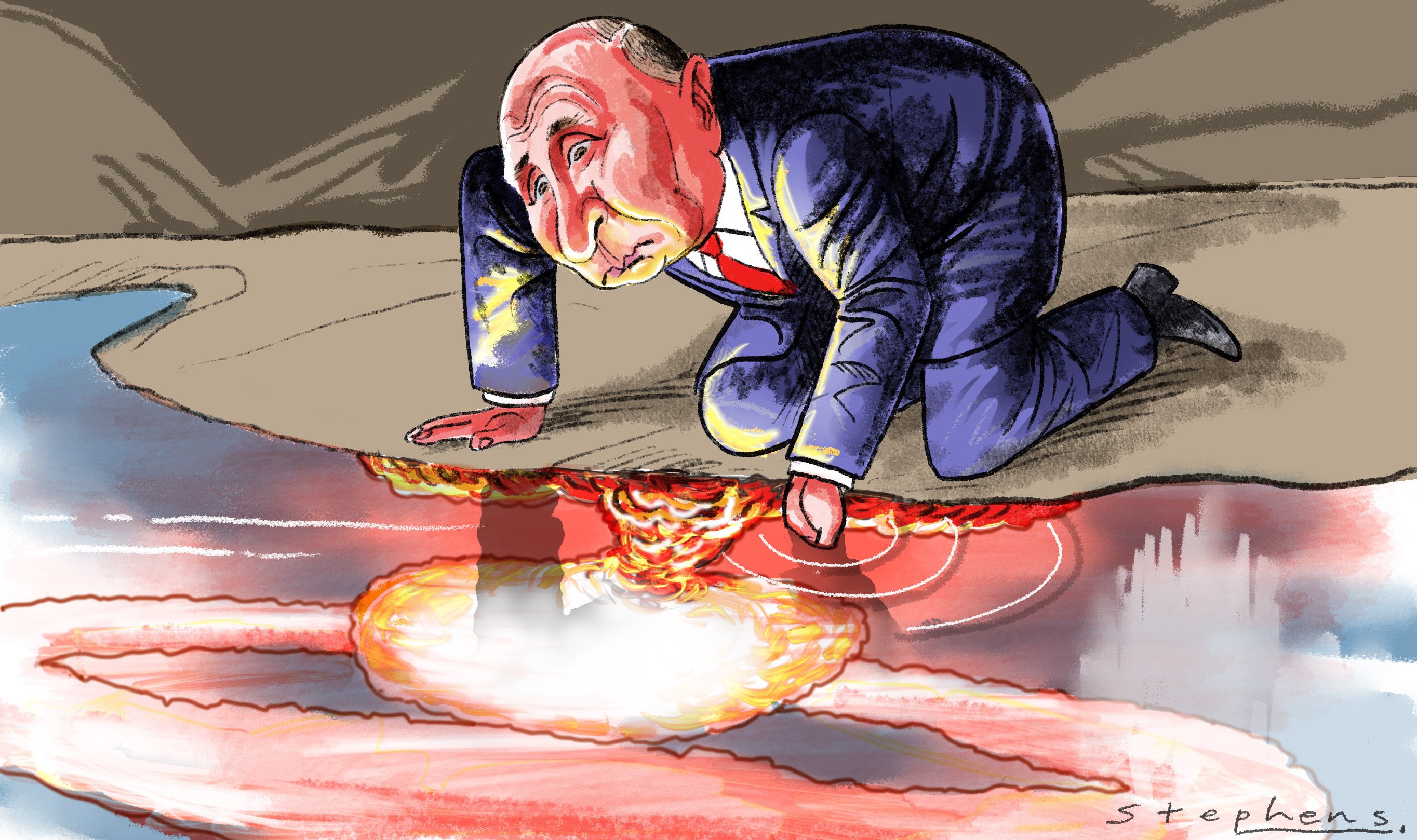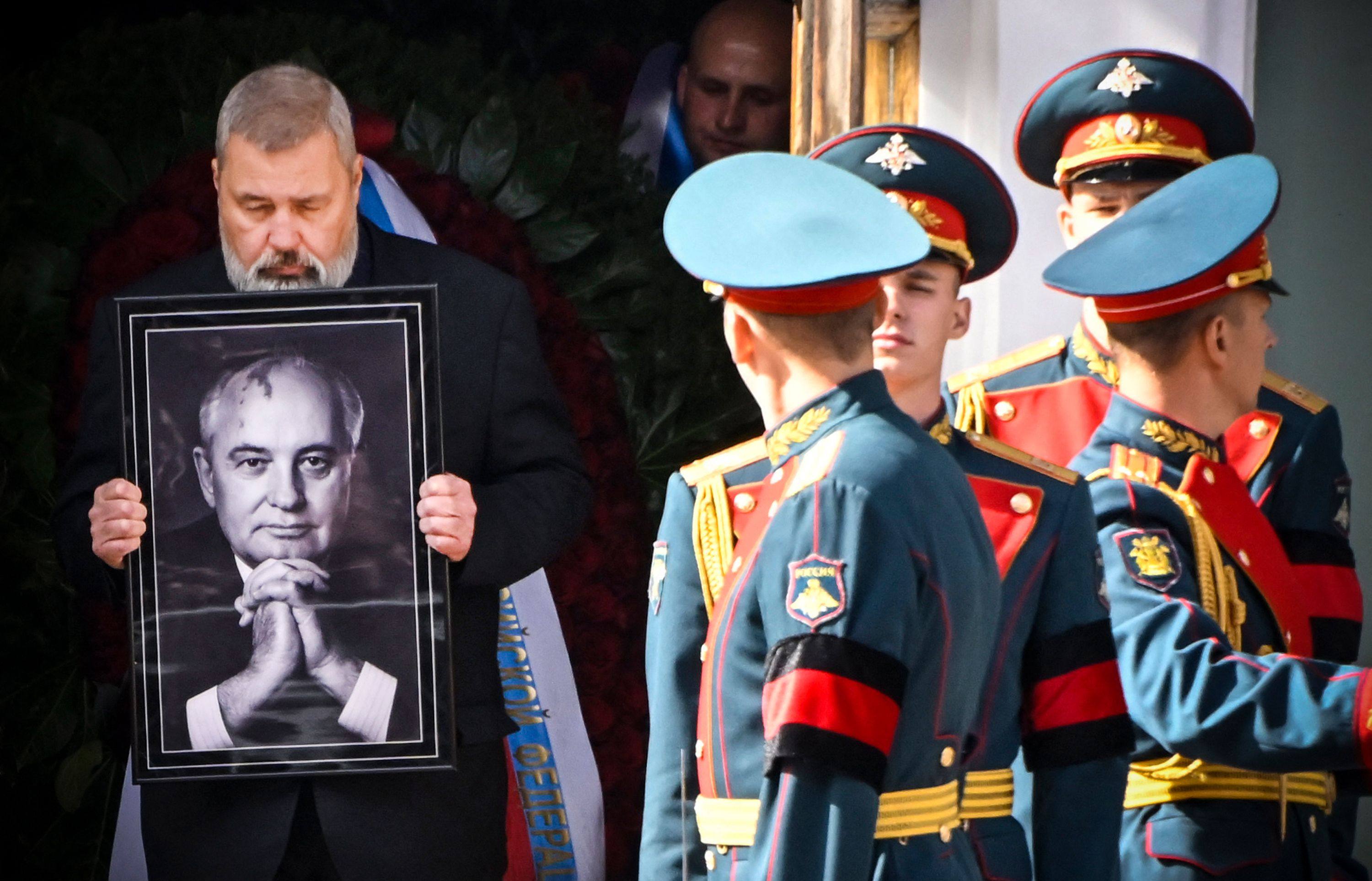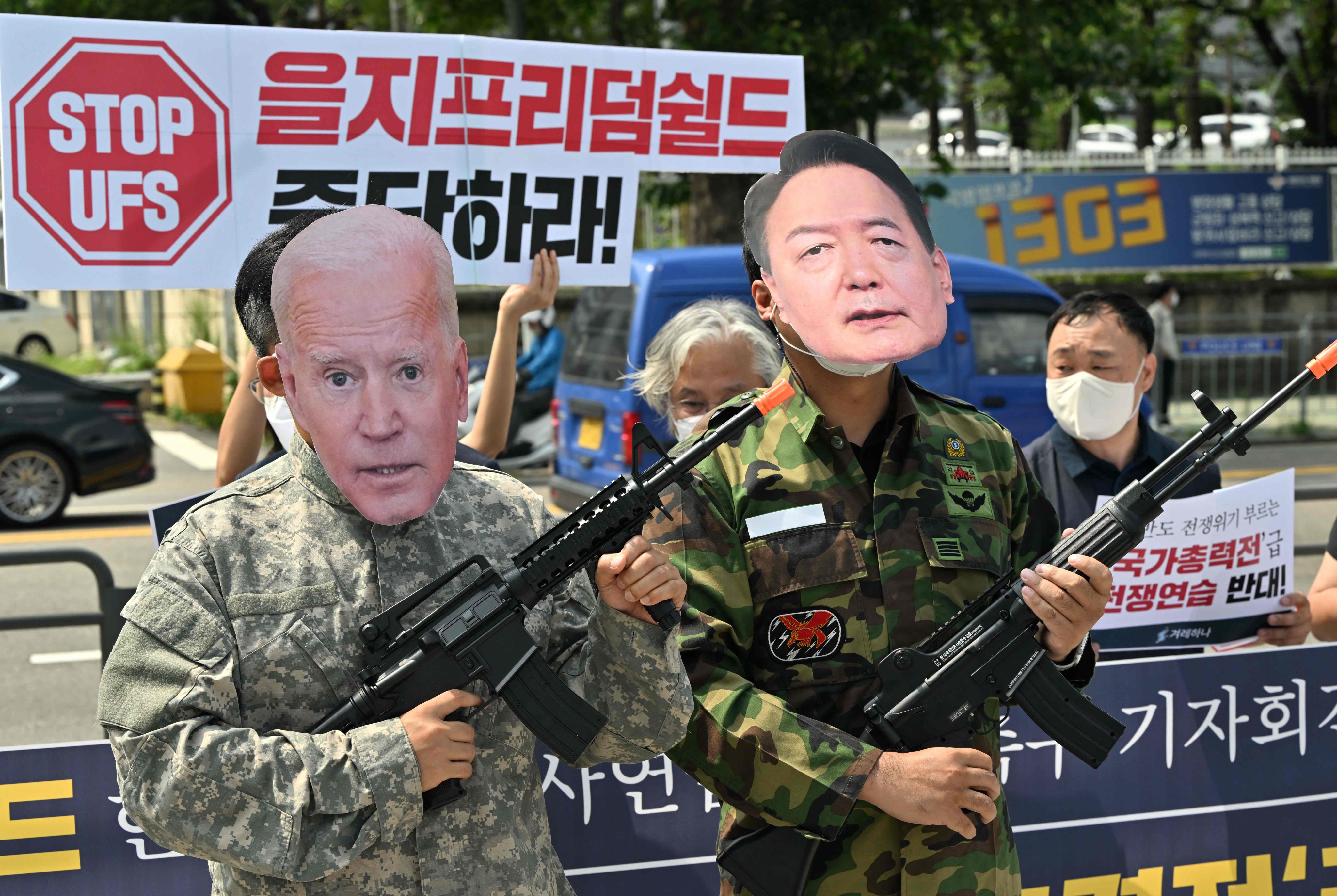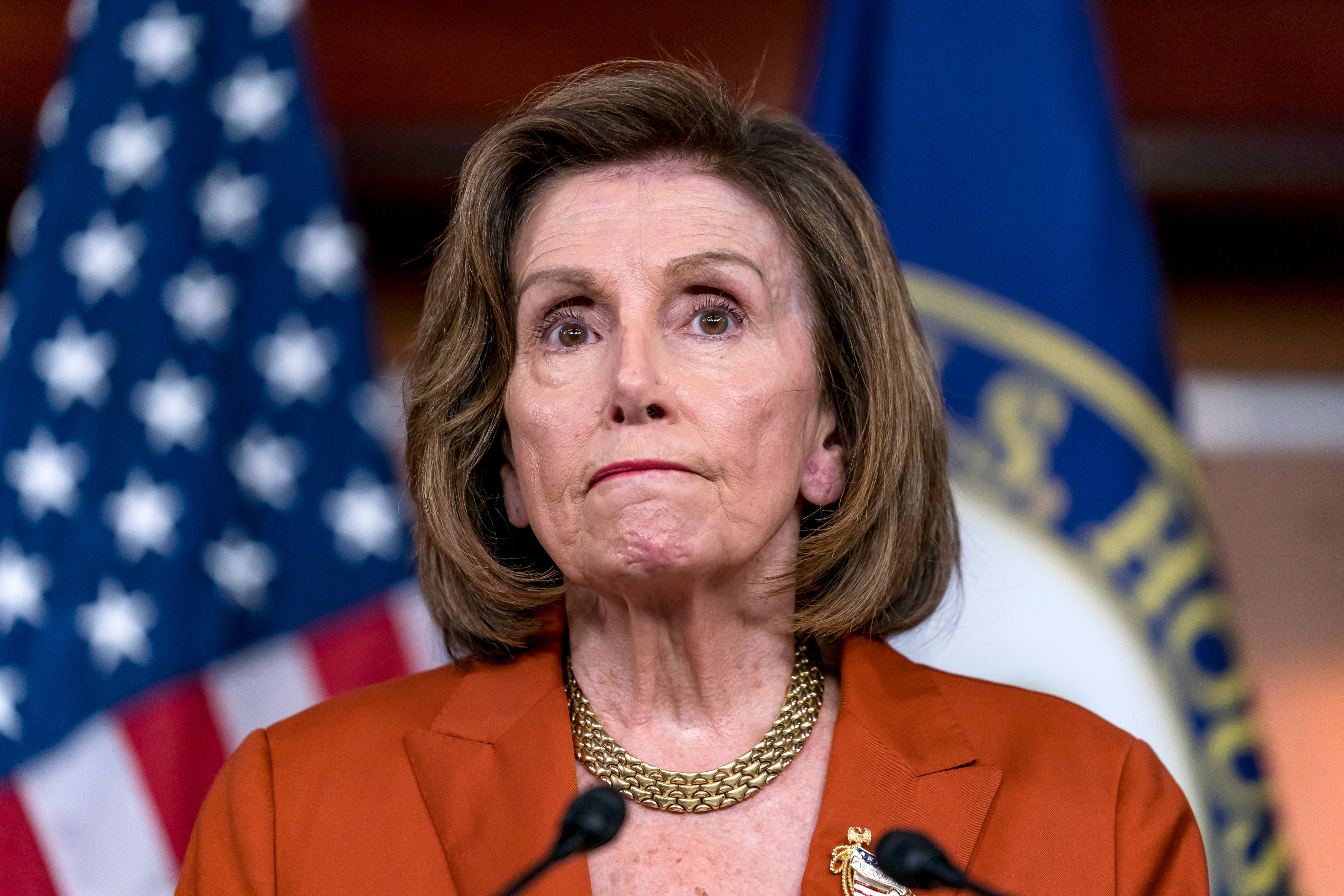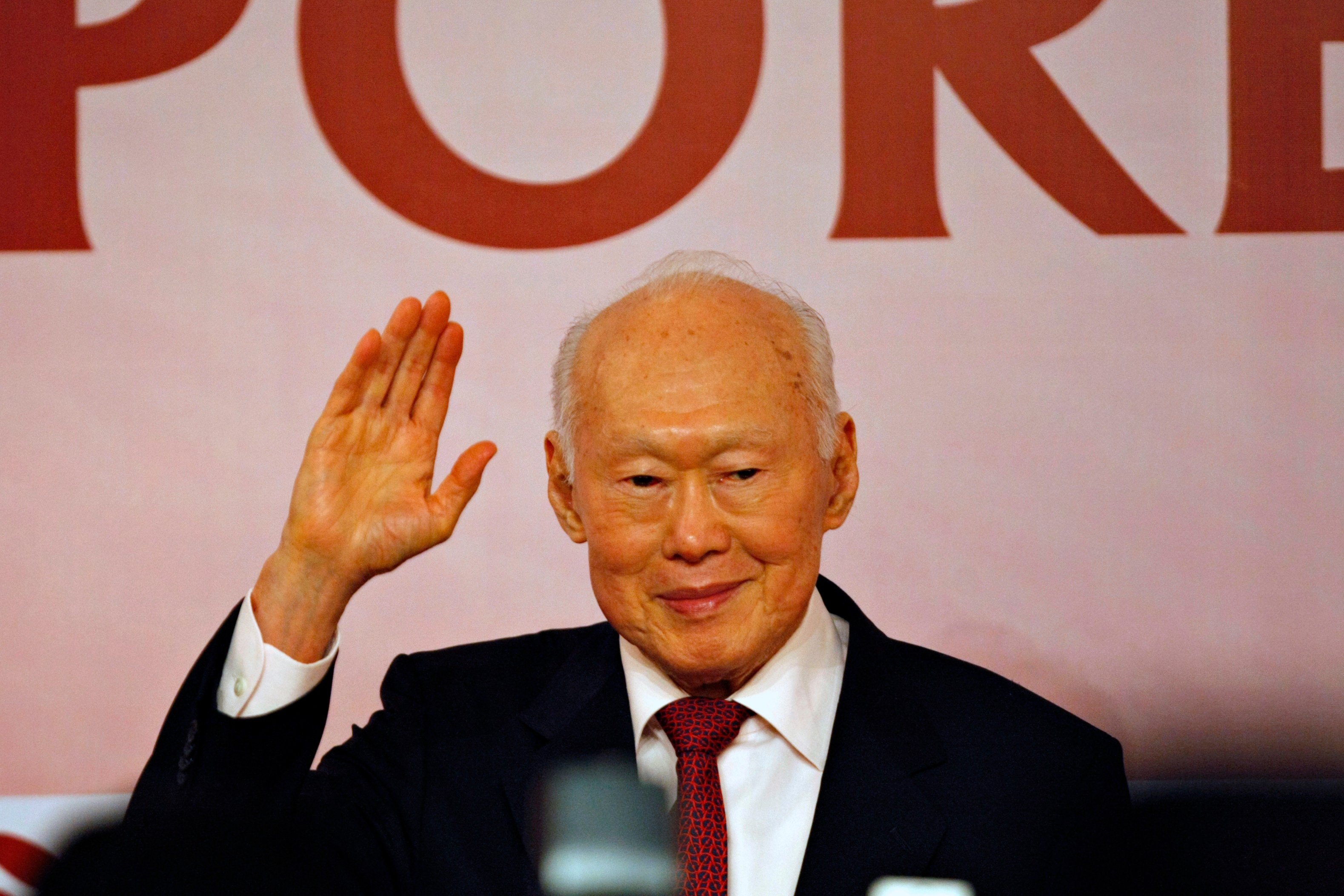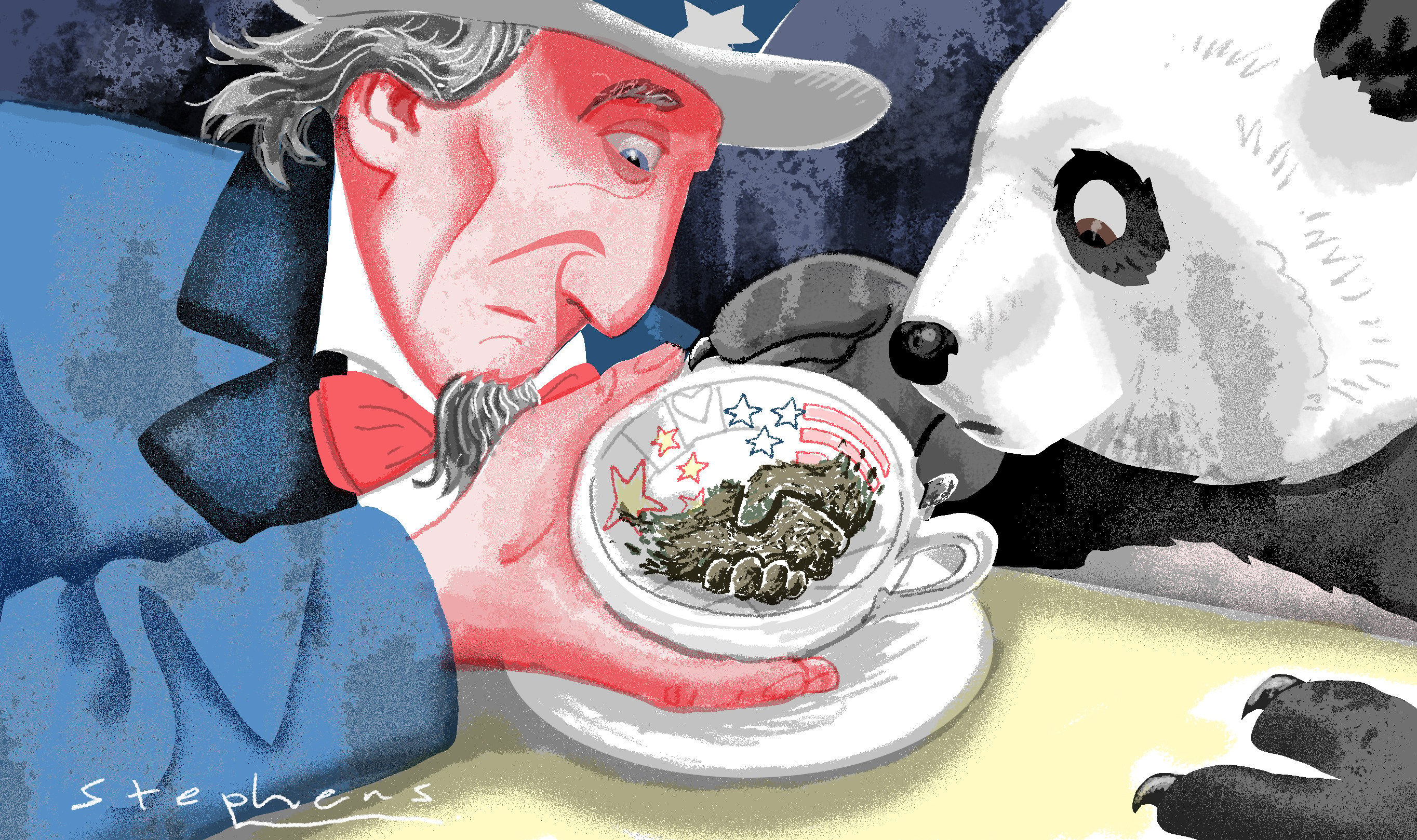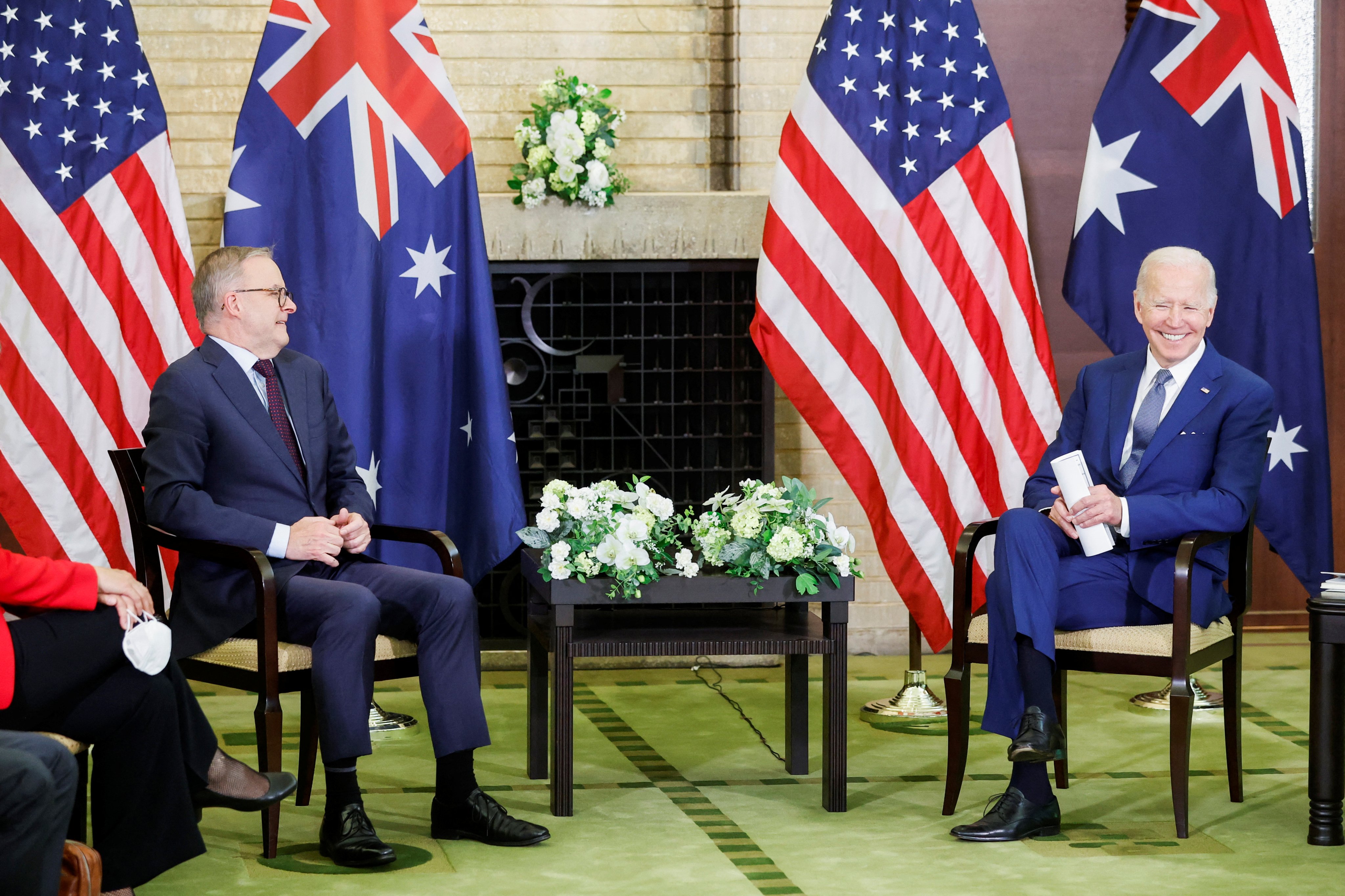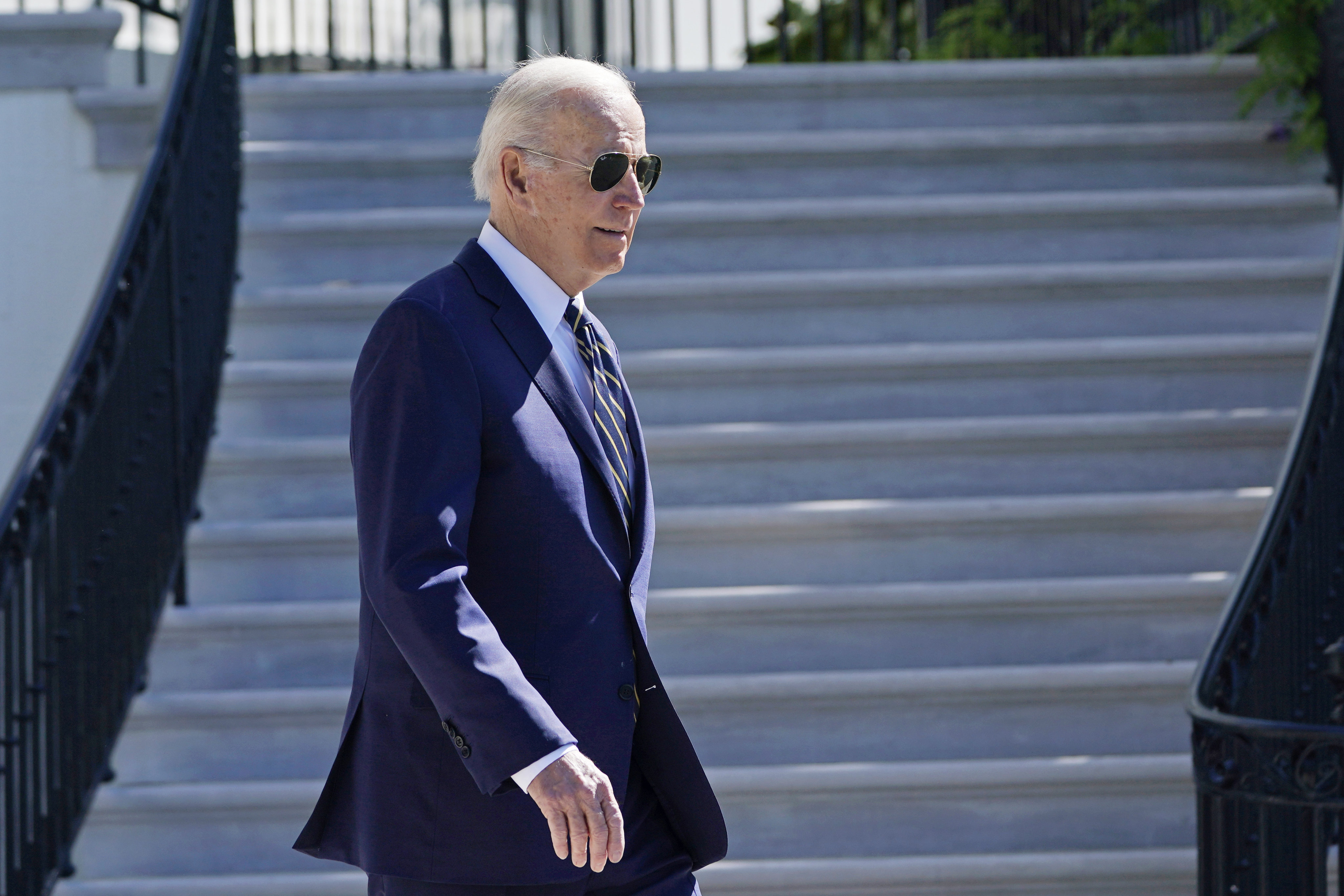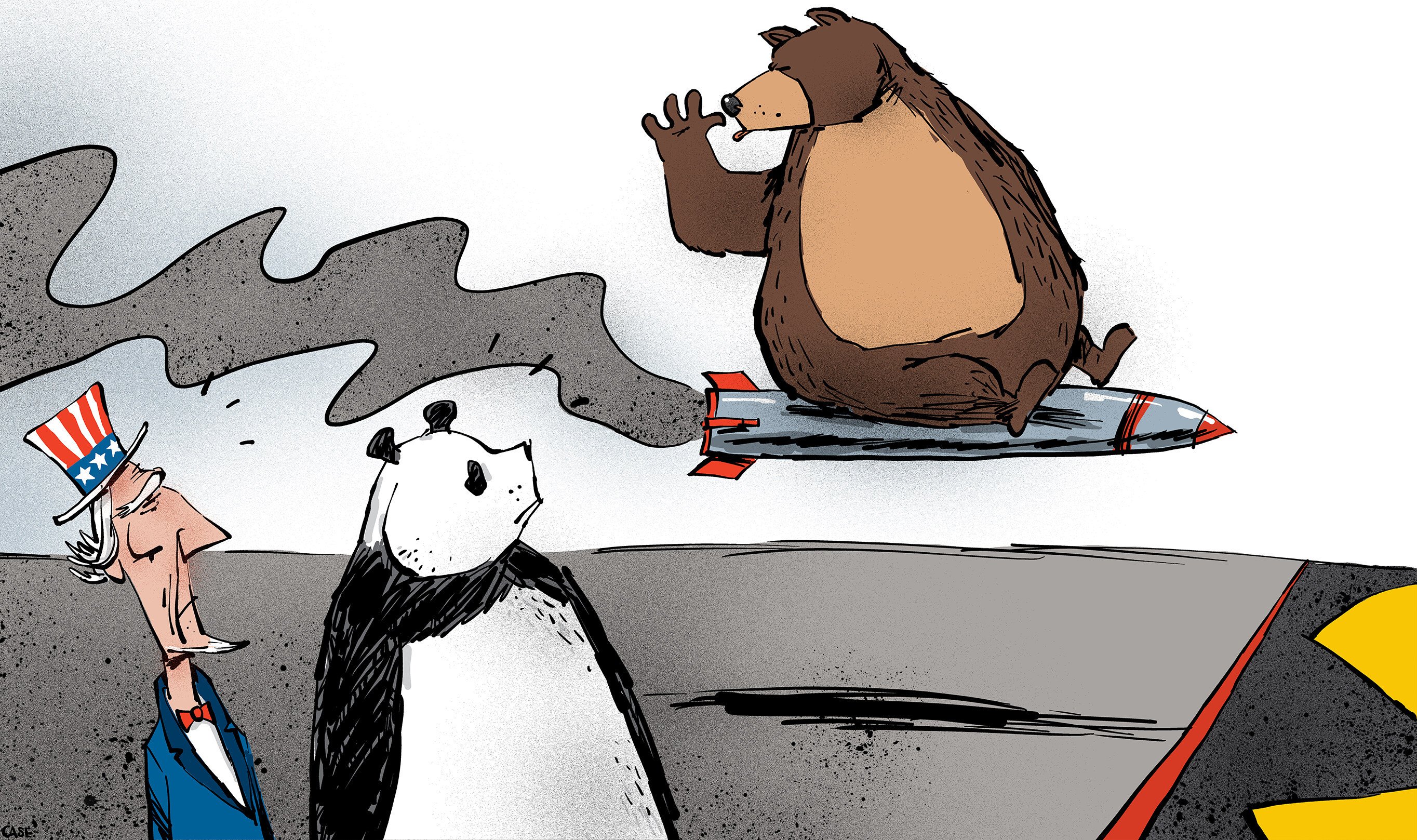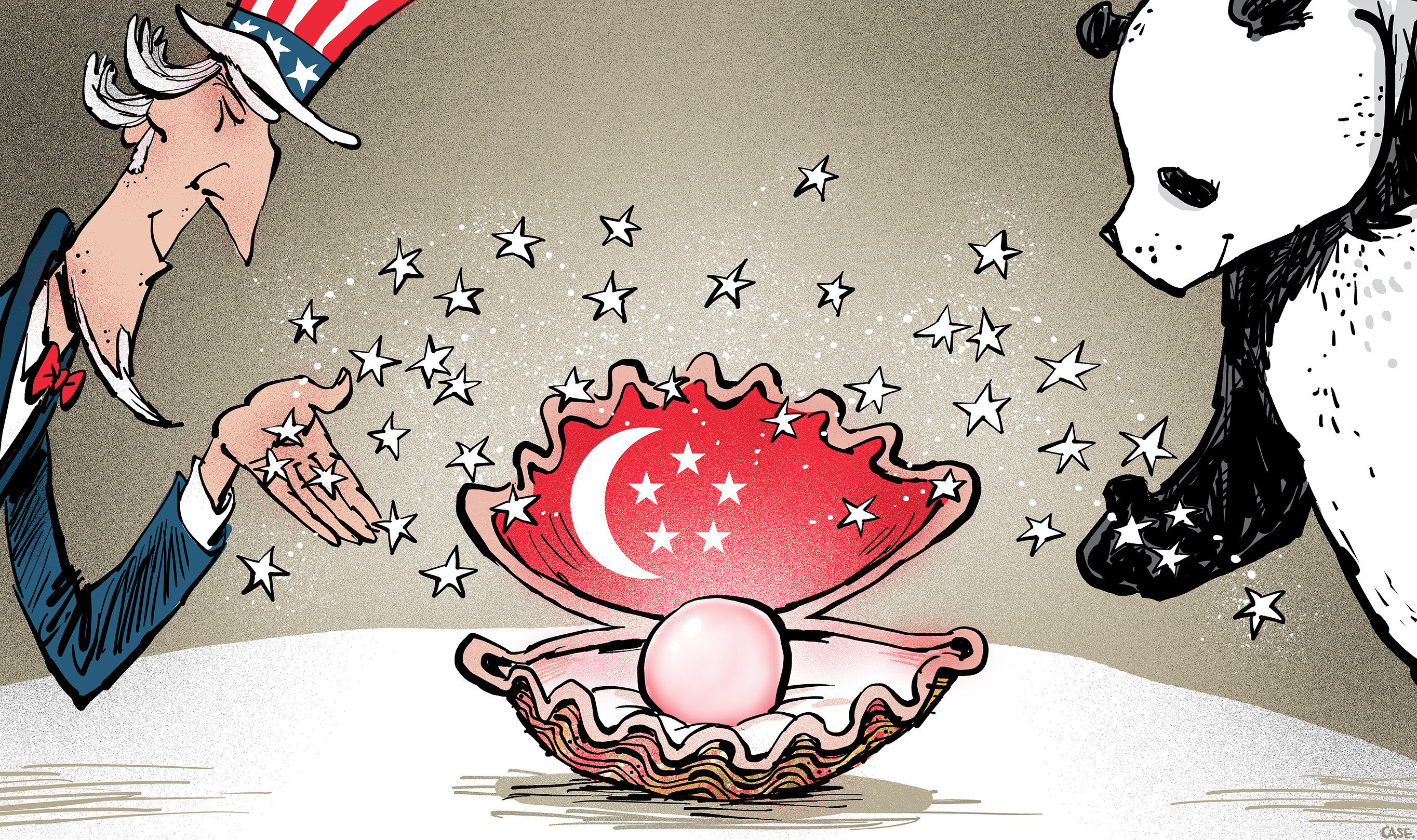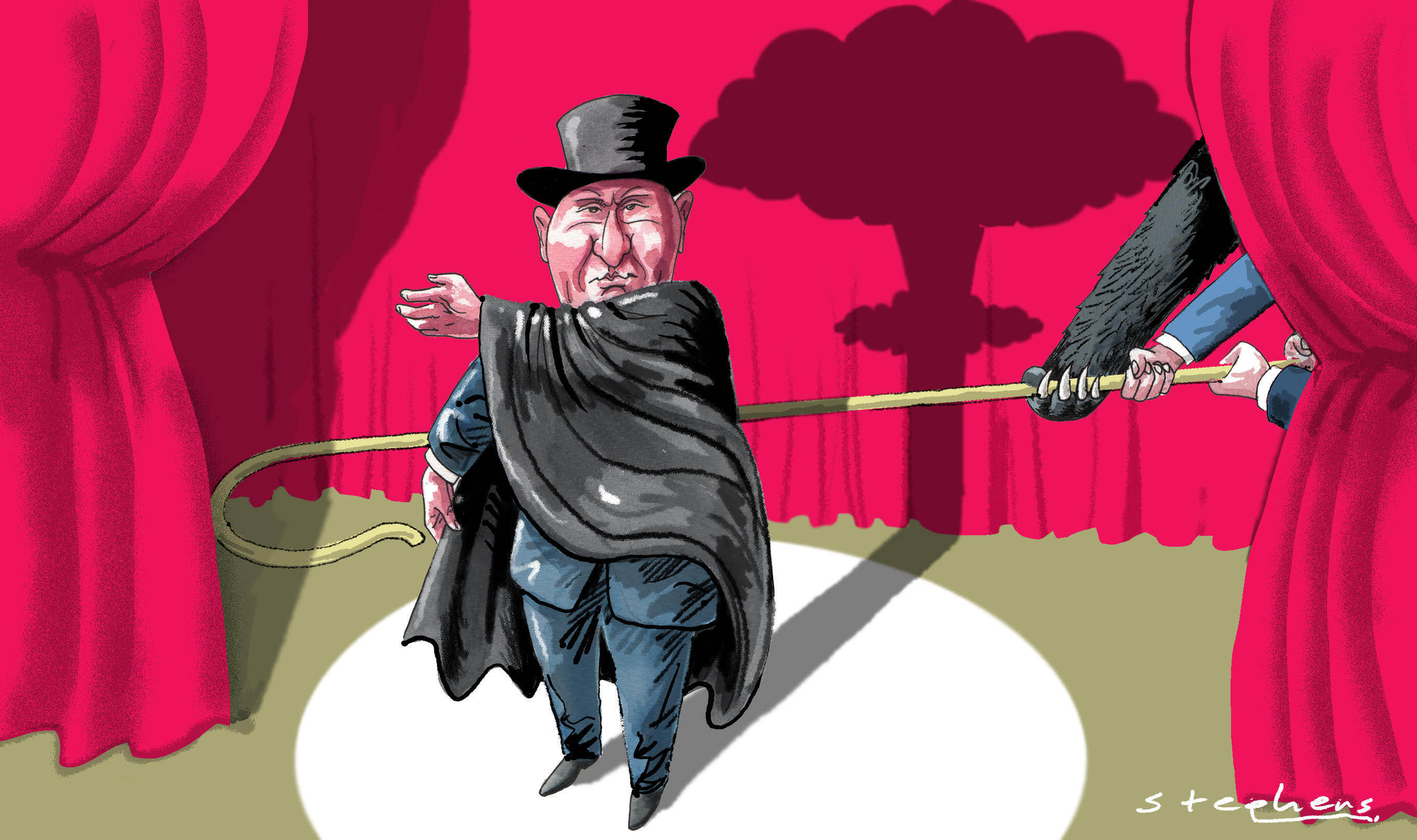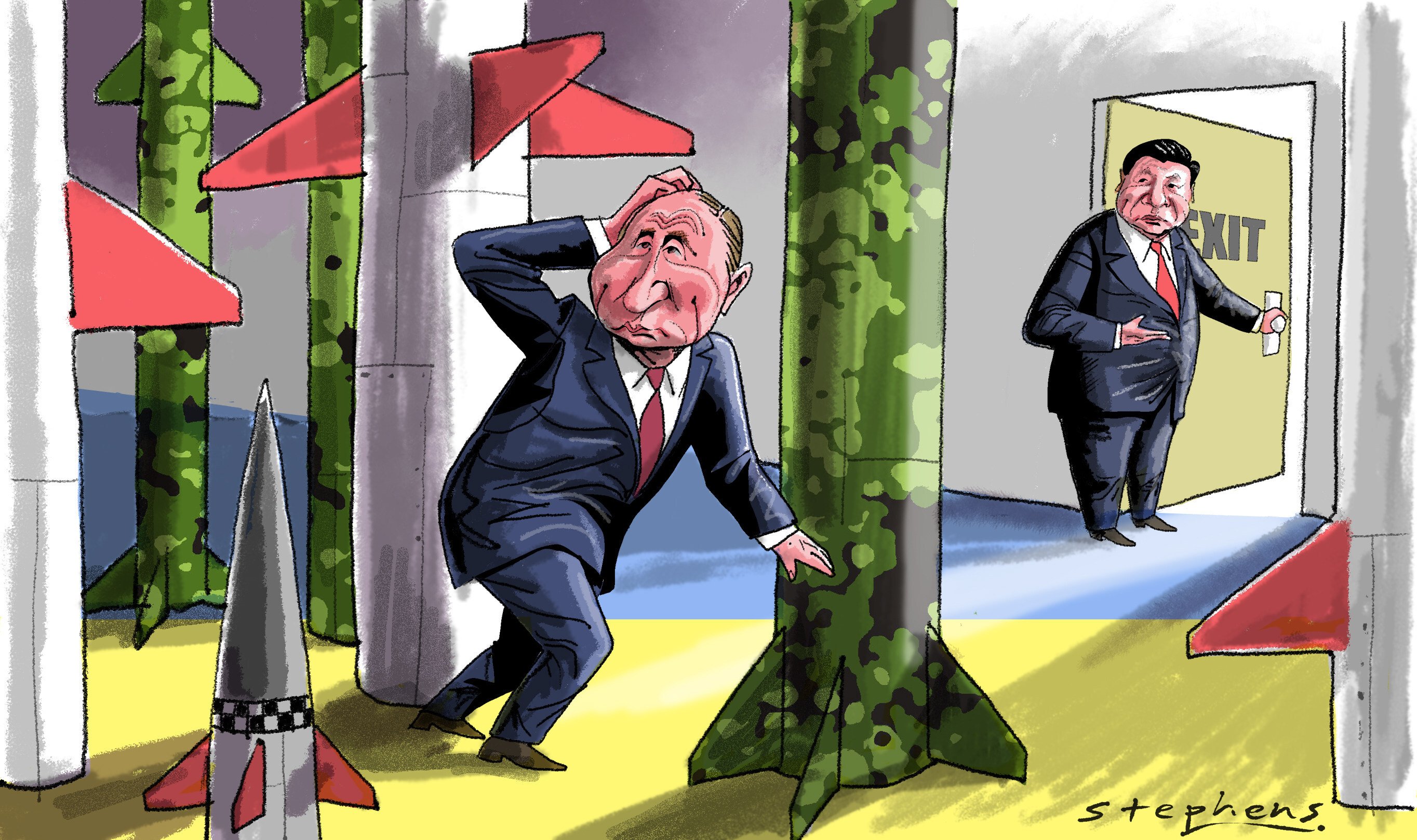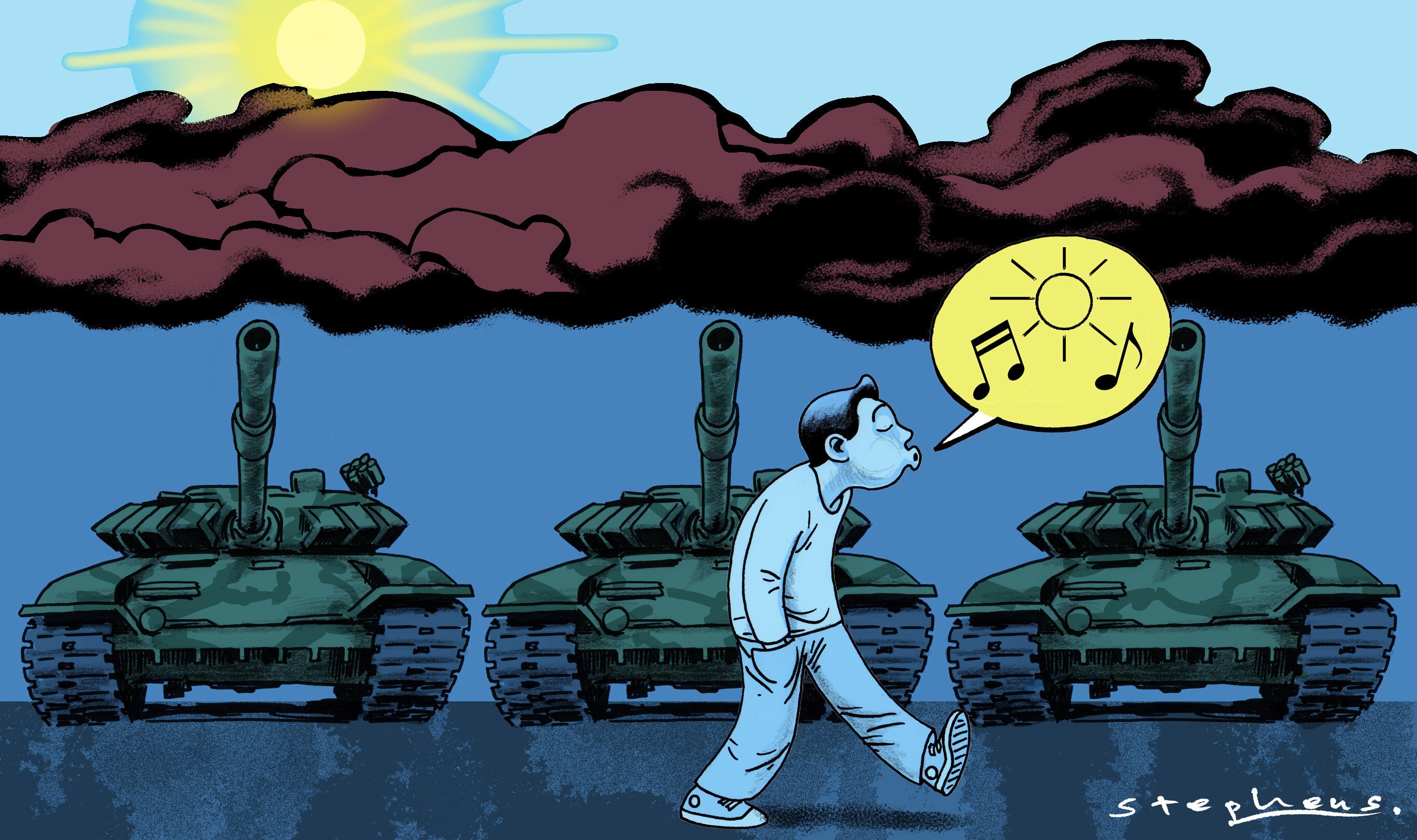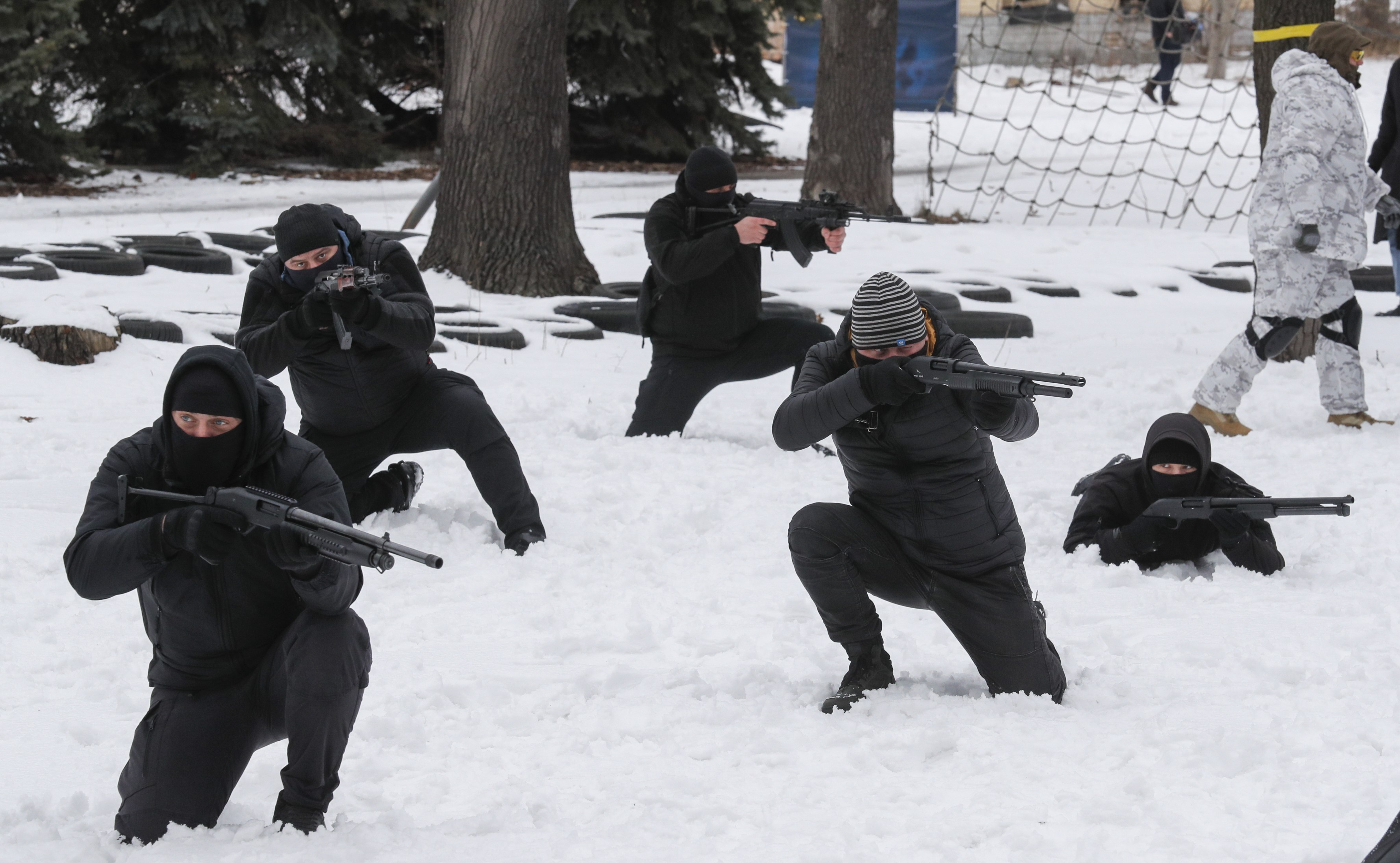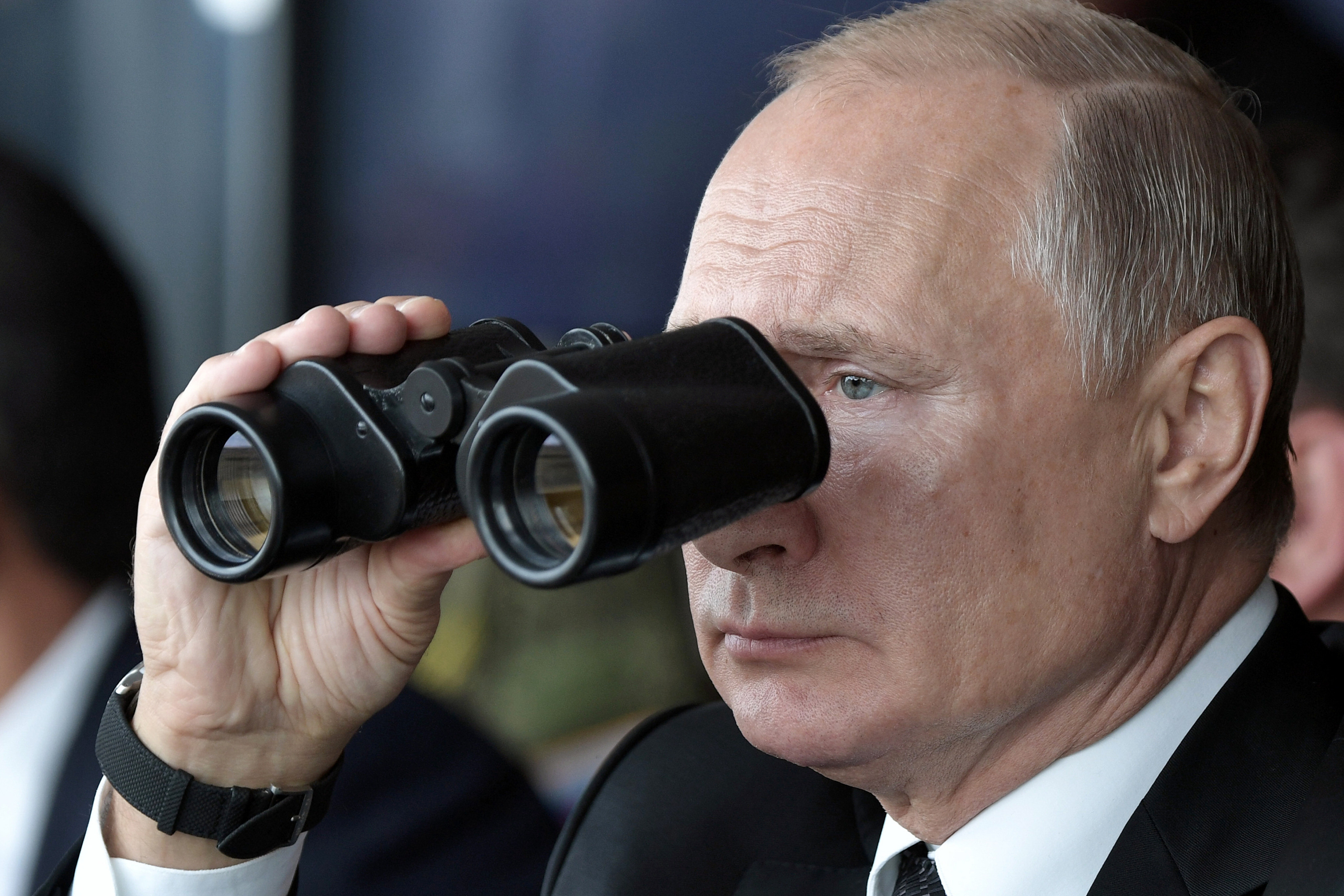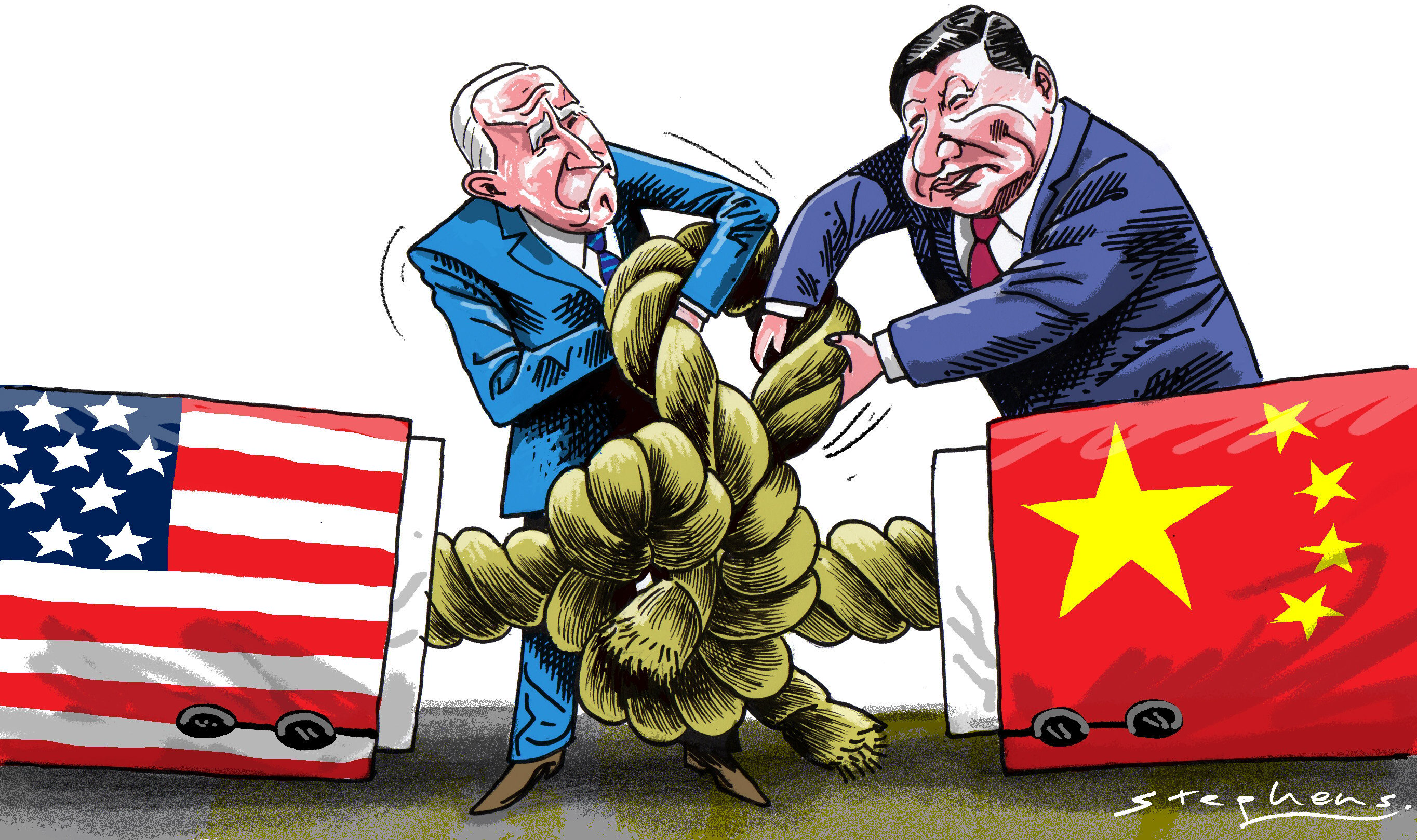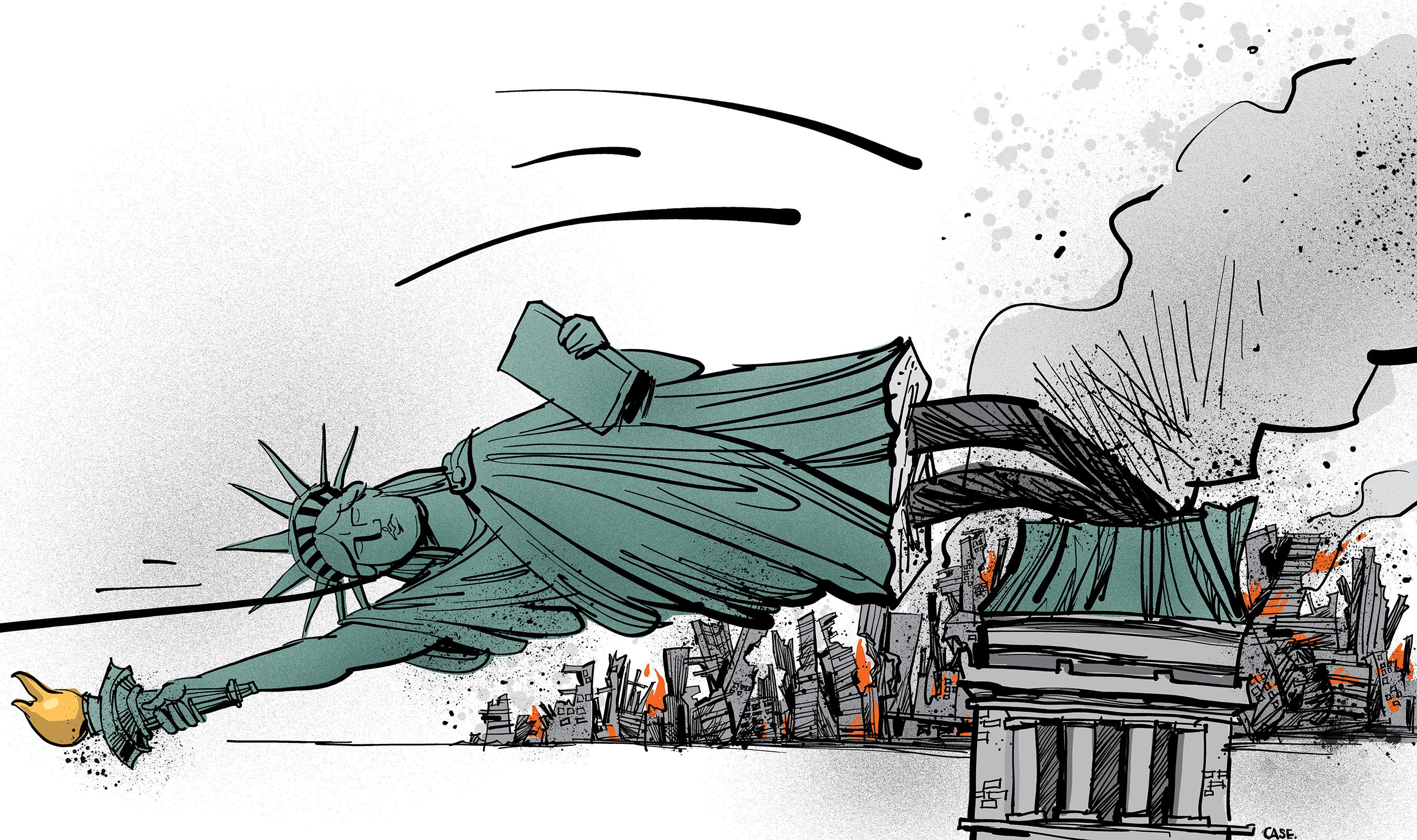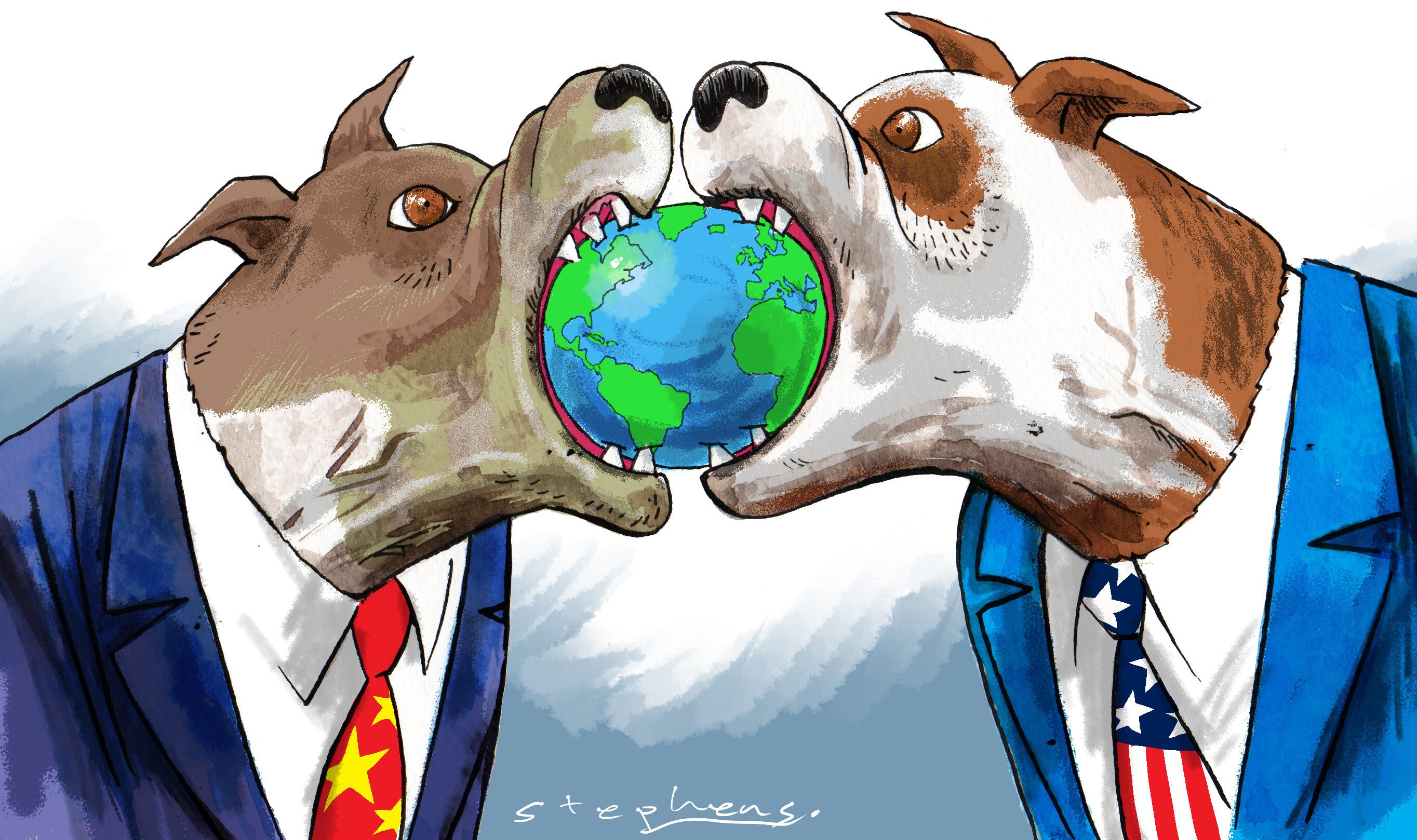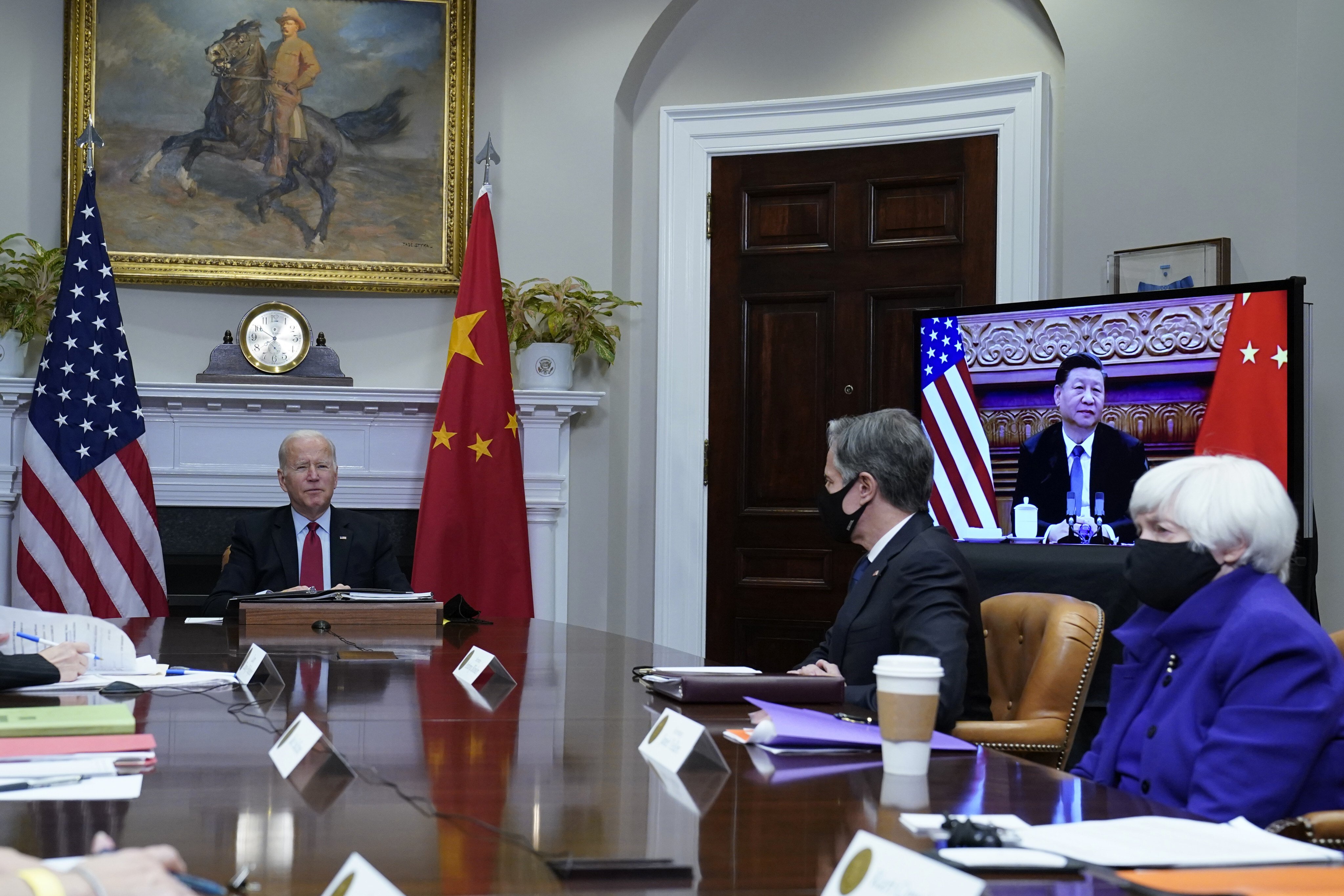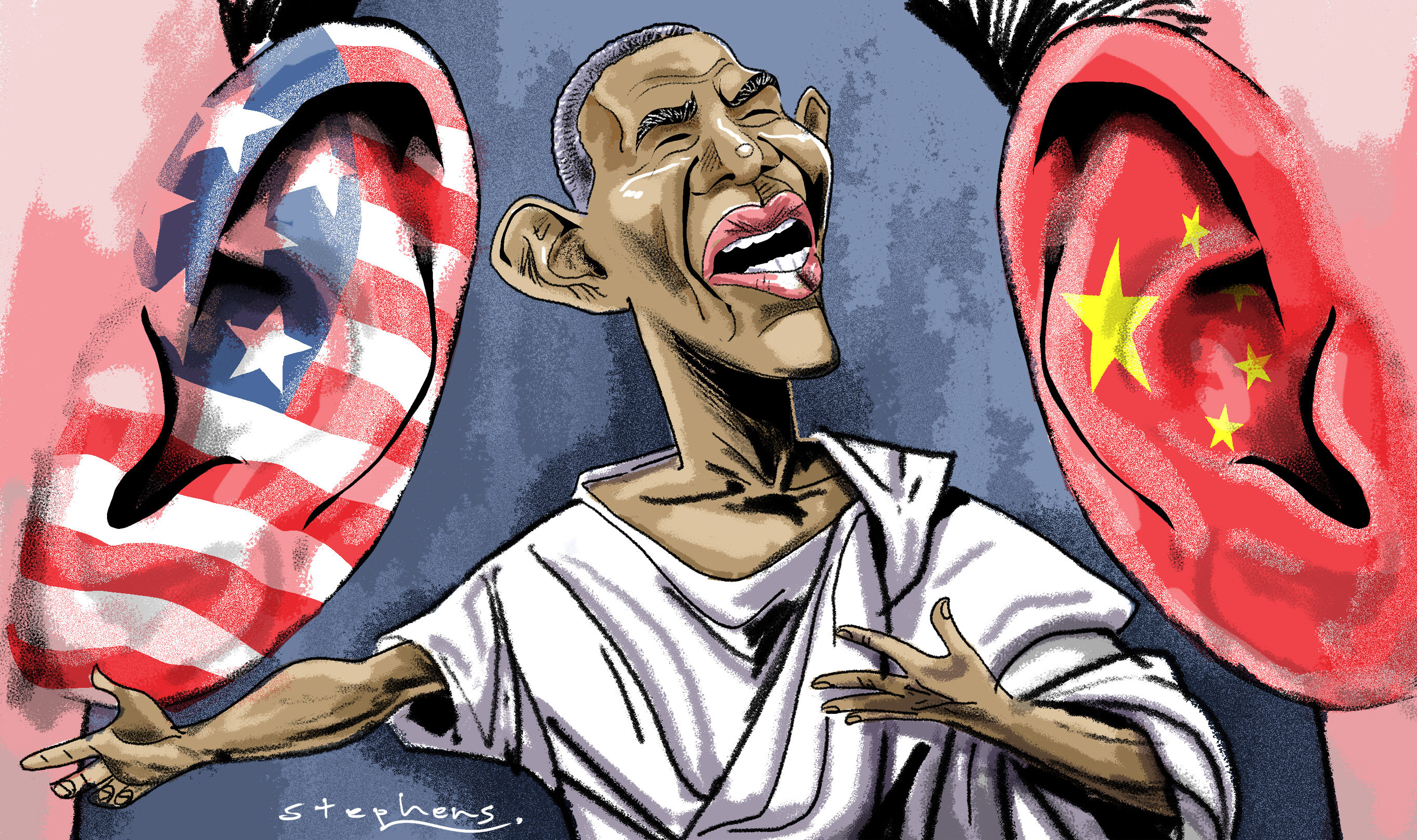Advertisement
Advertisement

Tom Plate
Tom Plate is a university professor and a veteran columnist focused on Asia and America. This Distinguished Scholar of Asian and Pacific Studies at Loyola Marymount University has orchestrated live interactive seminars with major universities across Asia, as part of the LMU’s path-finding Asia Media International Centre. He is also the author of 13 books, including the bestsellers “Confessions of an American Media Man” (2007), four volumes in the “Giants of Asia” series, and three In the 'Tom Plate on Asia' book series. He is vice-president of the Pacific Century Institute, in Los Angeles. Educated at Amherst College (Phi Beta Kappa) and Princeton University (Public Policy), he lives in southern California.
If policymakers in Washington and Beijing are overreliant on theory, and if their theories are predicated on seeing the other system as inherently evil, then the result could be war in East Asia.
A recently published oral history of American foreign correspondents in China highlights how the best journalists recognise their limitations. In contrast, the current political climate in the US has encouraged the repetition of the same stagnant facts, leaving no room for new narratives about China.
North Korea’s nuclear development and South Korea’s interest in its own nuclear weapons programme bode ill for hopes of denuclearising the peninsula. Bringing China and the US together to make the world safer requires sharp observations like those of Singapore’s former foreign minister.
The predictable outrage from China hawks in Washington over the suspected spy balloon has pushed Biden into another political corner. A wholly avoidable blunder on Beijing’s side, the incident has for now deflated hopes of de-escalating US-China tensions.
Advertisement
Japan’s plans to double its military investment will only deepen anxiety in a region marked by superpower rivalry. Tokyo must strike a delicate diplomatic balance, strengthening ties with the US while not poisoning the Chinese market for Japan’s exporters.
History will not judge recent US policy towards China kindly: intellectual and political laziness have rendered it incapable of accepting China’s rise or responding effectively to its increasing overreach. A policy recalibration is needed on both sides, for the sake of all.
Despite its clandestine interventions in China and elsewhere, America remains convinced of its exceptionalism and blind to how others perceive it. In a similar vein, Western commentary on Xi’s reappointment can sound foolish, given that America set term limits for presidents not that long ago.
The West has effectively been challenging Russia’s right to be a hegemonic power. What if the proxy US campaign in Ukraine doesn’t lead to Russian regime downfall but instead to a desperate Putin using nuclear weapons?
Celebrated in the West for bringing an end to both the Soviet system and the Cold War, Gorbachev was unpopular at home and is seen as a cautionary tale in China. There is much, however, that the current leaders of both Russia and China can learn from the Nobel Peace Prize winner.
The American media was wrong on the Iraq war, and today continues to perpetuate a wishful thinking on the Korean peninsula and the US military. With sanctions on North Korea and shows of military might being largely ineffective, it’s time for a reboot of US policy and a more nuanced media narrative.
The US House speaker’s visit to Taiwan left many wondering what had been gained, with China’s neighbours resigned to Beijing indulging in a protracted sulk. Instead of viewing US-China conflict as a clash of civilisations, it might be more useful to be attuned to philosophers of harmony and compassion.
The best thing for Taipei’s security would be for Washington to do everything it can to repair ties with Beijing, instead of constantly provoking it. If this is too much to hope for, the next best thing would be for US politicians to simply do nothing.
The past fortnight has seen the downfall of Britain’s Boris Johnson and Sri Lanka’s Gotabaya Rajapaksa, as well as the assassination of Japan’s Shinzo Abe. The quality of Asia-Pacific leadership is rising, in part due to Lee setting the standard. Examples include New Zealand’s Jacinda Ardern and Indonesia’s Joko Widodo.
Recent overtures by Chinese diplomats in Singapore, Hong Kong and Sydney, as well as displays of America’s friendlier side by its new ambassador to China, can’t help but inspire some optimism.
The longer the war ploughs on, the higher the chance of it turning into a nuclear crisis. To reduce the threat, China must put to good use its access to Russian leader Vladimir Putin and help broker a ceasefire.
Canberra has been unflinching in its support for US policy in the Indo-Pacific, but Biden’s vow to defend Taiwan should have its ally worried. If Australia wants to avoid following the US into a war, the new Labor government must find a way out of the dangerous anti-China rut left by the Liberal Party.
Peace pleas directed at the Kremlin must be extended to Washington: its ‘mission creep’ tendencies and hostility towards Beijing – whose influence with Moscow might have made all the difference – threaten to extinguish hopes of a near-term diplomatic solution in Europe.
While nuclear weapons use is often labelled unthinkable, after Russia’s invasion of Ukraine, that option now seems to be on the table. China has long had a clear no-first-use policy, but the US does not commit to this, stressing nuclear deterrence instead.
Talks between Lee Hsien Loong and Joe Biden reflect Singapore’s role as interlocutor for the US in Asia, which can only be good news for a conflict-weary world. Dismissed by some for its size, Singapore boasts a strategic location, high GDP, and a demonstrated ability to work with China.
Former California governor Jerry Brown has turned his attention towards trying to improve US-China relations in the name of global stability. For both countries to survive and thrive, they must find a way to cooperate as well as compete.
China has staked out a position ambiguous enough to allow quick movement away from the perception of complicity with Moscow. Clear thinking by Beijing is of the utmost importance to end Russia’s shelling of Ukraine and to keep the world from tipping into nuclear catastrophe.
The threat of nuclear force calls for greater attempts at negotiation and a willingness by the West to make concessions to provide Putin with a way out. Beijing’s relations with Moscow, plus its core principles of non-interference and ‘no first use’ of nukes make it an ideal mediator.
On the matter of Russia and Ukraine, Beijing has been notably careful not to endorse any invasion. It is Washington that should stop taking a dim view of countries with national interests different from its own.
Trying to outflank the US by gaming geopolitically with Putin is a risky business, given the Russian president’s image abroad. For its part, the US needs to show greater selectivity about when and where to try to plant the American flag or export the American way.
Russia is seeking to influence Ukraine while Washington keeps a close watch on both Moscow and Beijing. The Biden administration is on shaky ground domestically and needs a foreign-policy win after the Afghanistan fiasco.
US-China relations have been on a downward spiral since the end of the Clinton administration. Today, a US foreign policy that requires the choosing of sides has little future. This should be obvious when Asian countries like the Philippines feel the need to buy missiles.
In the US, the urge to bury the past is part of a widening political and class divide that threatens to tear the nation apart. A society that feels the need to put statues into storage ought not to criticise others for dealing with their history.
In arguing against human exceptionalism, environmental philosopher Melanie Challenger observes that we respond to status threats as if they were existential challenges. With the US afraid of losing its pre-eminent status and China aiming to regain it, a clash seems inevitable, but is eminently avoidable.
The appearance of progressive, level-headed analysis in a publication like Foreign Affairs suggests movement in US policy towards China. Even though the US-China virtual summit produced little of note, there are still ways to bridge the growing gap between the two countries.
The former US president’s keynote speech at COP26 showed he still has the ability to unite and inspire a crowd to action. Obama can speak to the issue of Beijing-Washington relations as a special citizen of the world, and China should welcome the idea.

